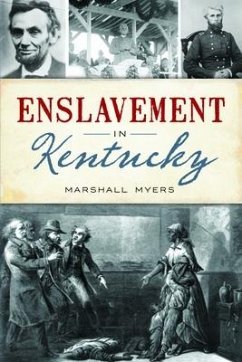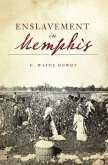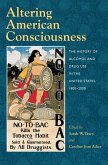Between the time Daniel Boone led his settlers through the Cumberland Gap and the ratification of the Thirteenth Amendment, slavery was prominent in the Commonwealth. In several constitutional conventions, founders and lawmakers questioned the legality and appropriateness of the issue. At every possible juncture, wealthy slaveholders defended the institution, while abolitionists fought one another over the question of slavery. As a result of the fighting, the Thirteenth Amendment was not ratified until the 1970s. Author and historian Marshall Myers dives deep into the means both slaveholders and abolitionists used to secure a policy that supported their beliefs.
Hinweis: Dieser Artikel kann nur an eine deutsche Lieferadresse ausgeliefert werden.
Hinweis: Dieser Artikel kann nur an eine deutsche Lieferadresse ausgeliefert werden.






![Don't Know Much About(r) History [30th Anniversary Edition] Don't Know Much About(r) History [30th Anniversary Edition]](https://bilder.buecher.de/produkte/60/60174/60174246m.jpg)

